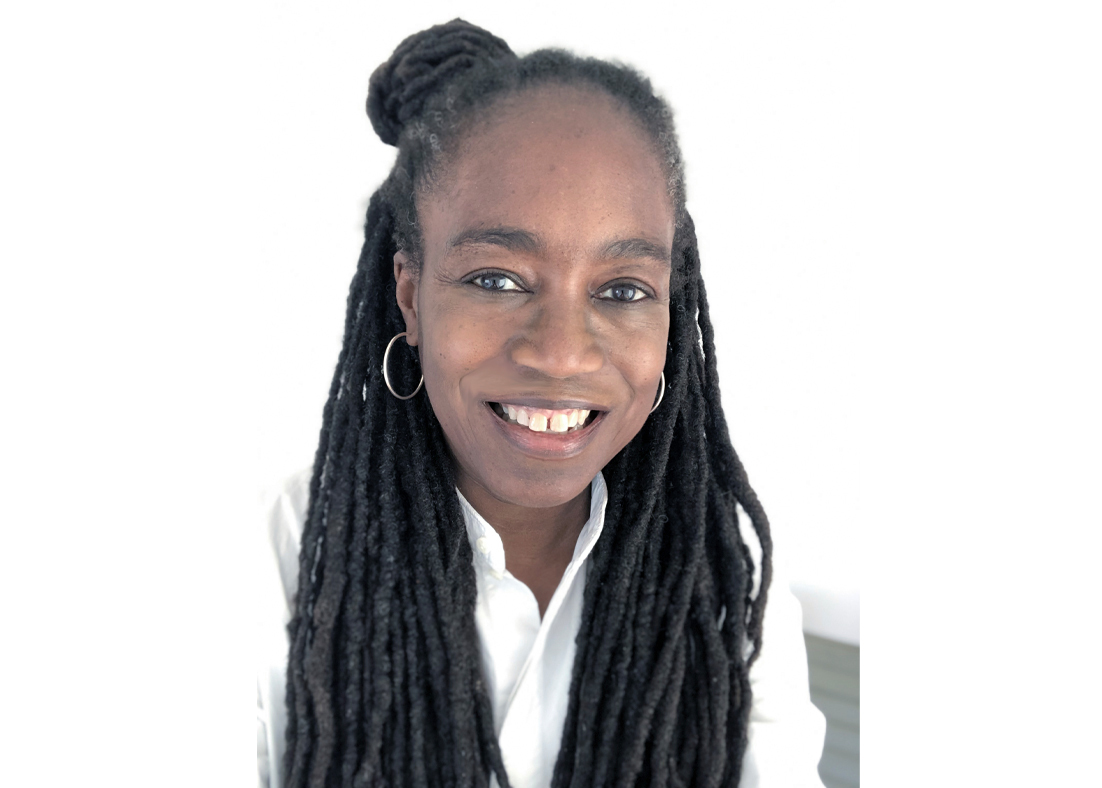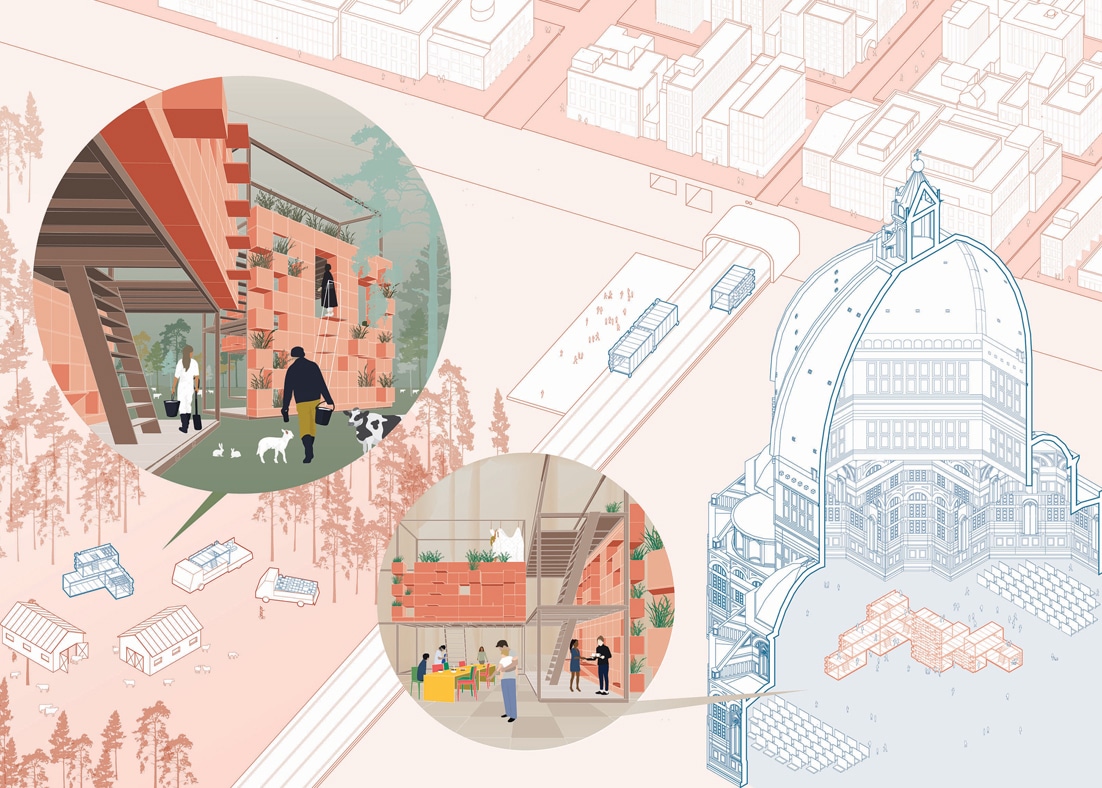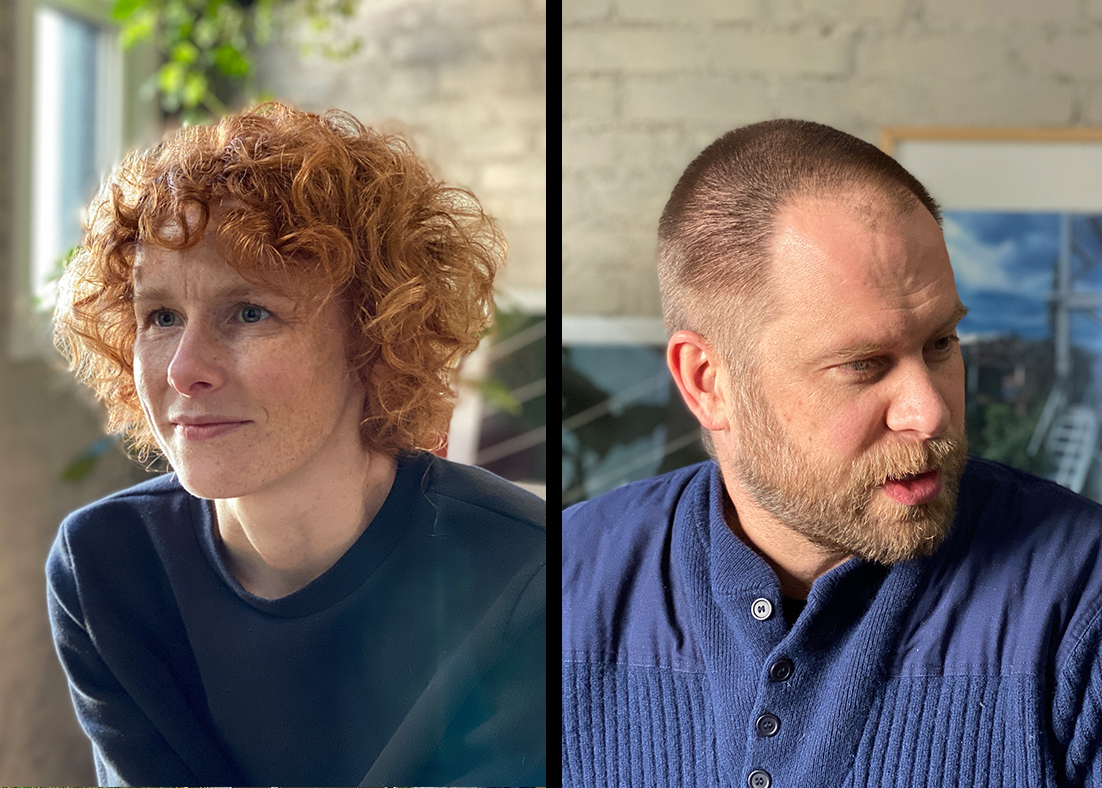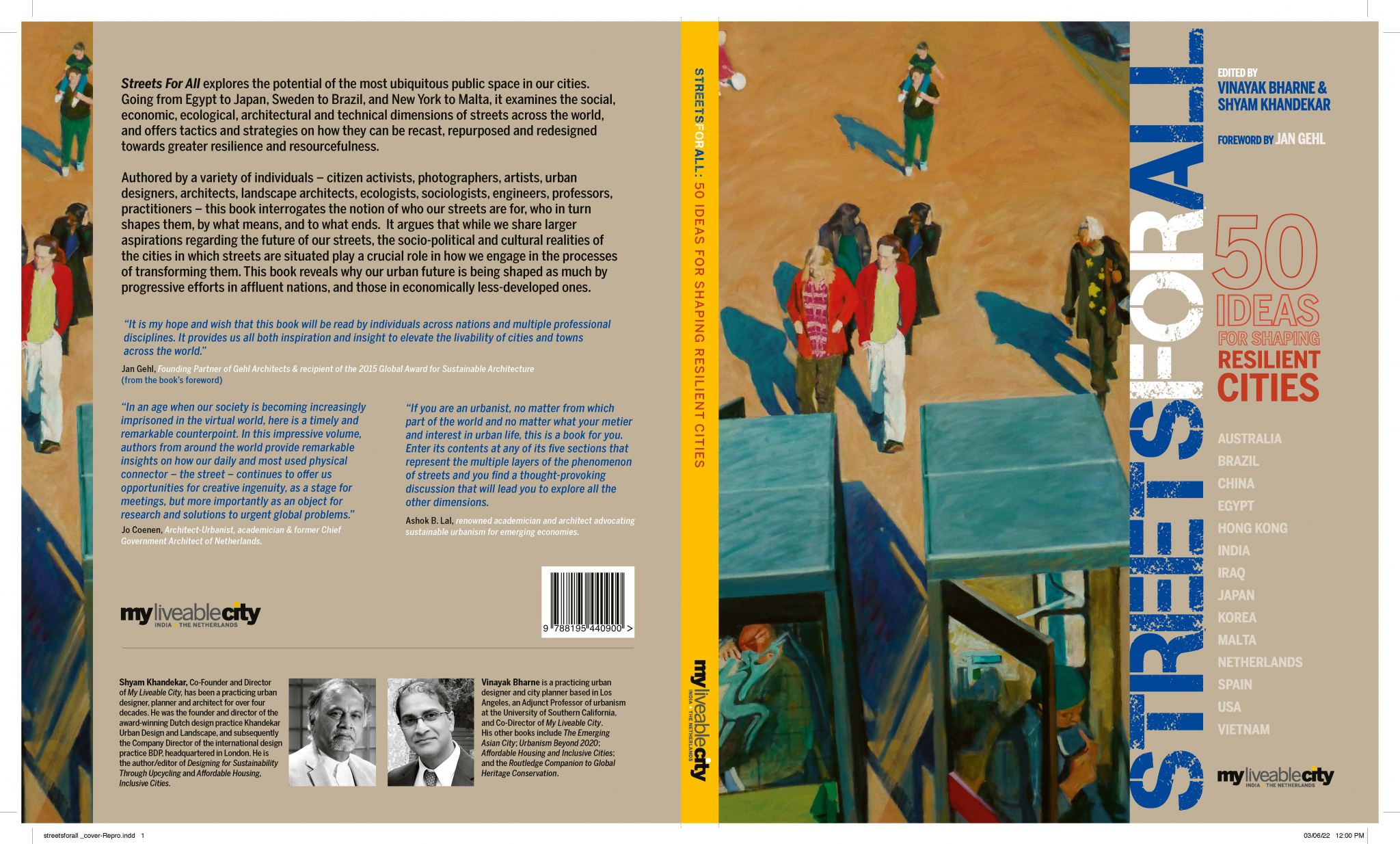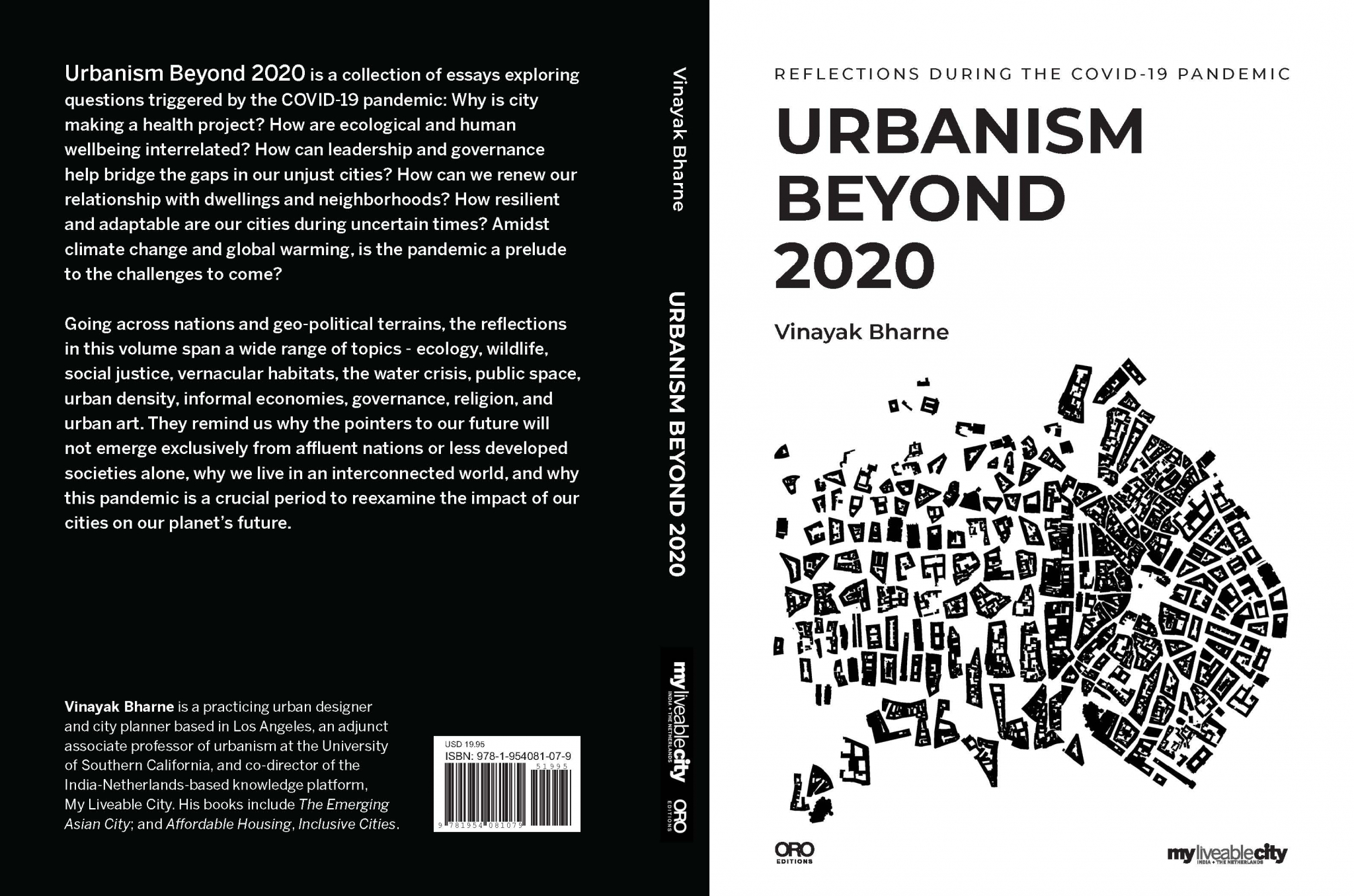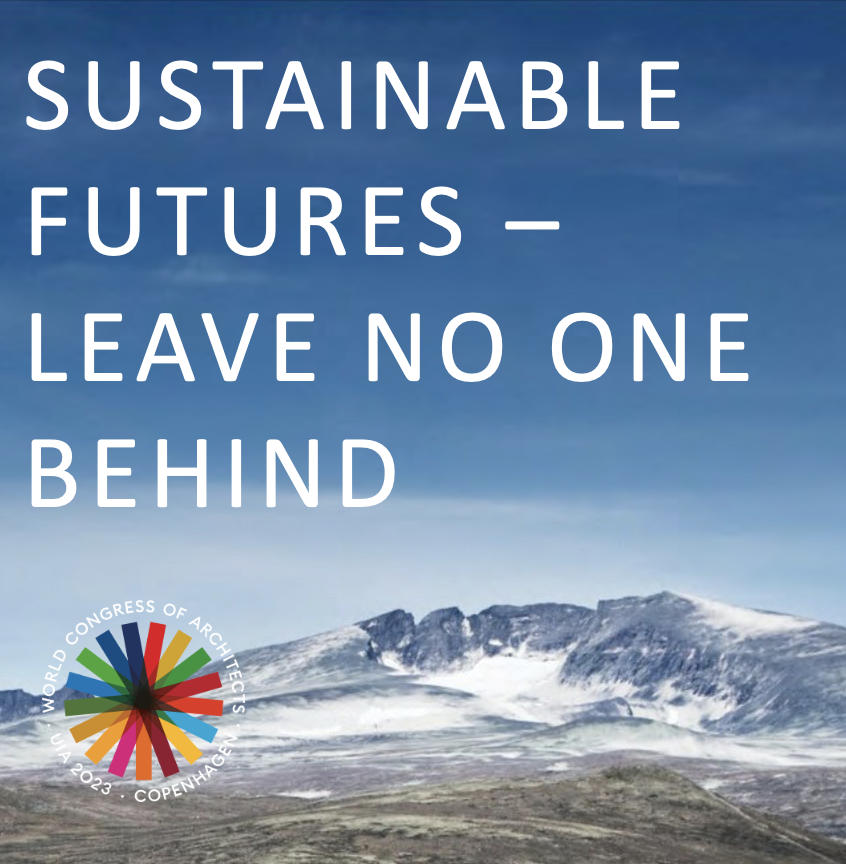Penn State work featured as part of Tallinn Architecture Biennale
UNIVERSITY PARK, Pa. — An architectural proposal for disaster relief and emergency assistance that was designed by faculty members from the College of Arts and Architecture and the College of Agricultural Sciences at Penn State is featured in the Tallinn Architecture Biennale (TAB) at the Estonian Museum of Architecture in Tallinn, Estonia, through November.
The “Plug and Serve Modular Structure (PSMS)” is a project by Stuckeman School faculty members Laia Celma, assistant teaching professor of architecture, and Benay Gürsoy, assistant professor of architecture, along with Jaime Garcia Prudencio, assistant teaching professor in the Spanish for Agriculture program, and Xi Jin, who graduated in May with her bachelor of architecture degree.
According to Celma, the PSMS is designed to meet the needs of a community should a disaster – such as a hurricane, tornado, earthquake, mudslide, wildfire, drought, chemical spill or even a terrorist attack – strike.
“The PSMS is mobile, interlocking, connectable and, more importantly, a food processor,” she said. “Should a disaster strike, the modules provide shelter for residents while also serving as a community kitchen, an on-site production farm, a solar power station and more.”
The TAB is an international architecture and urban planning festival that promotes architectural culture to empower architects, planners and environmental designers. With a theme of “Edible; Or the Architecture of Metabolism,” this year’s event hinges on five thematic groups: Living Machines, Lifecycle, Food and Geopolitics, Food Systems and the Future Food Deal. Those attending are asked to reflect on food and architecture and to reimagine planetary food systems along with architecture’s capacity to perform metabolic processes,
The Penn State project is featured in the Future Food Deal exhibit of the TAB.
Now in its sixth version, the 2022 TAB was curated Lydia Kallipoliti and Areti Markopoulou, in collaboration with local advisor Ivan Sergejev. More about the exhibition can be found on the ArchDaily website.

 Study Architecture
Study Architecture  ProPEL
ProPEL 